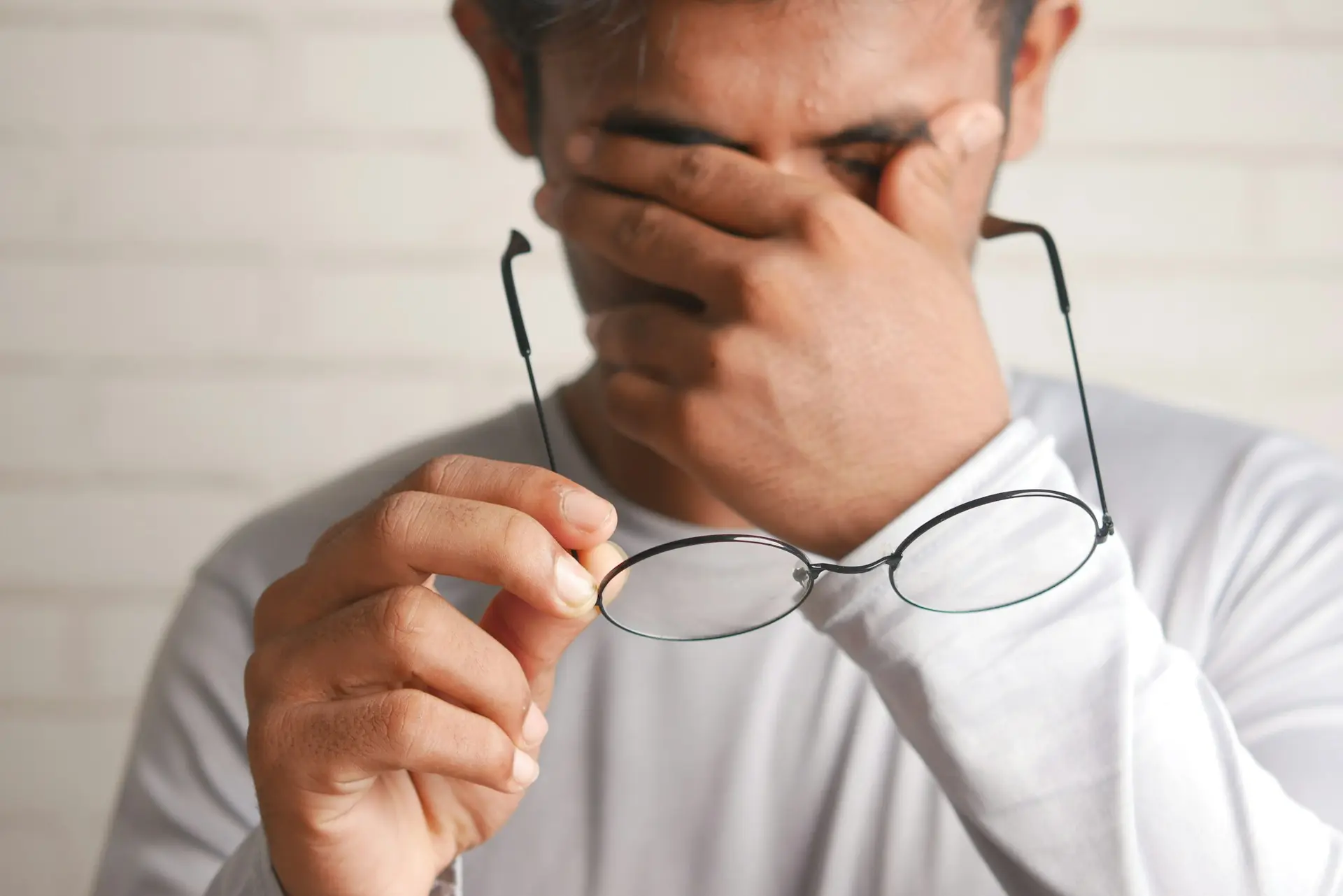Postprandial drowsiness, or feeling sleepy after eating, could be more than just a common experience. Learn whether it signals diabetes and how to manage it effectively.
Many of us have experienced that irresistible urge to sleep after a meal. While occasional drowsiness after eating is normal, for some, it could hint at an underlying health issue like diabetes. This article examines the phenomenon of postprandial drowsiness and its potential link to diabetes.
Understanding Postprandial Drowsiness
Postprandial drowsiness is a natural response to eating. After a meal, blood is redirected to the digestive system, temporarily reducing circulation to the brain, which can lead to sleepiness. Hormones like insulin also play a role, especially after meals high in sugar or carbohydrates.
Insulin and Blood Sugar Regulation
Insulin helps regulate blood sugar levels by moving glucose from the bloodstream into cells. However, in individuals with insulin resistance or diabetes, this process becomes inefficient, leading to fluctuating blood sugar levels. Research indicates that repeated spikes and crashes in blood sugar can contribute to persistent fatigue after meals.
Link Between Postprandial Drowsiness and Diabetes
Although occasional drowsiness after meals is normal, frequent postprandial fatigue, particularly after consuming sugary or high-carb foods, could indicate prediabetes or diabetes. Symptoms to watch for include extreme thirst, frequent urination, or unexplained weight loss. Studies show that up to 25% of individuals with type 2 diabetes report excessive daytime sleepiness, underscoring the need for vigilance.
Case Study: Recognizing Diabetes Through Meal-Induced Fatigue
A 45-year-old woman, regularly experiencing extreme fatigue after meals, consulted her doctor. Blood tests revealed elevated fasting glucose levels and HbA1c, leading to a diagnosis of type 2 diabetes. With dietary adjustments, physical activity, and medication, her symptoms improved significantly, highlighting the importance of early detection.
Dietary Choices and Their Impact
The glycemic index (GI) of foods plays a significant role in post-meal
blood sugar levels. High-GI foods, like white bread or sugary drinks, cause rapid spikes and subsequent drops in glucose, leading to energy crashes. A 2020 study in the 'American Journal of Clinical Nutrition' found that replacing high-GI foods with low-GI alternatives improved post-meal energy levels by 40%.
Prevention and Management
To reduce postprandial drowsiness and minimize diabetes risk:
- Choose low-GI foods such as whole grains, nuts, and leafy greens.
- Eat smaller, balanced meals to avoid overloading the digestive system.
- Incorporate at least 30 minutes of physical activity daily to enhance insulin sensitivity.
- Monitor your symptoms and consult a healthcare provider if issues persist.
Consequences of Uncontrolled Blood Sugar
If left unchecked, fluctuating blood sugar can lead to serious complications like neuropathy, nephropathy, and cardiovascular diseases. According to the International Diabetes Federation, diabetes-related complications account for 1 in 10 global deaths annually, emphasizing the importance of proactive management.
Conclusion
While feeling sleepy after a meal is common, persistent drowsiness could signal an underlying condition such as diabetes. By understanding the causes, monitoring symptoms, and adopting a healthier lifestyle, you can reduce the risk of diabetes and its complications. Consult your doctor for a comprehensive evaluation if you notice unusual symptoms.
Dedicated Elderly Support by HealthOK Global
HealthOK Global offers comprehensive elderly care services to ensure the dignity and safety of seniors. Our expert caregivers provide personalized support, from routine health checks to emotional well-being assistance. Contact our FREE 24 x 7 Healthcare Helpline at
+91-8047190955 for immediate support and assistance.
Follow Us on Social Media for Latest Updates!
Stay connected with us and never miss an update by following us on social media! Our social channels are the perfect place to get the latest news, expert tips, and exclusive insights tailored just for you. Whether you're looking for health advice, product updates, or inspiring stories, we’ve got it all. Join our growing community on platforms like
Whatsapp Facebook ,
LinkedIn and
Instagram and be part of the conversation. Click the follow button today and stay informed, inspired, and engaged—right at your fingertips!






